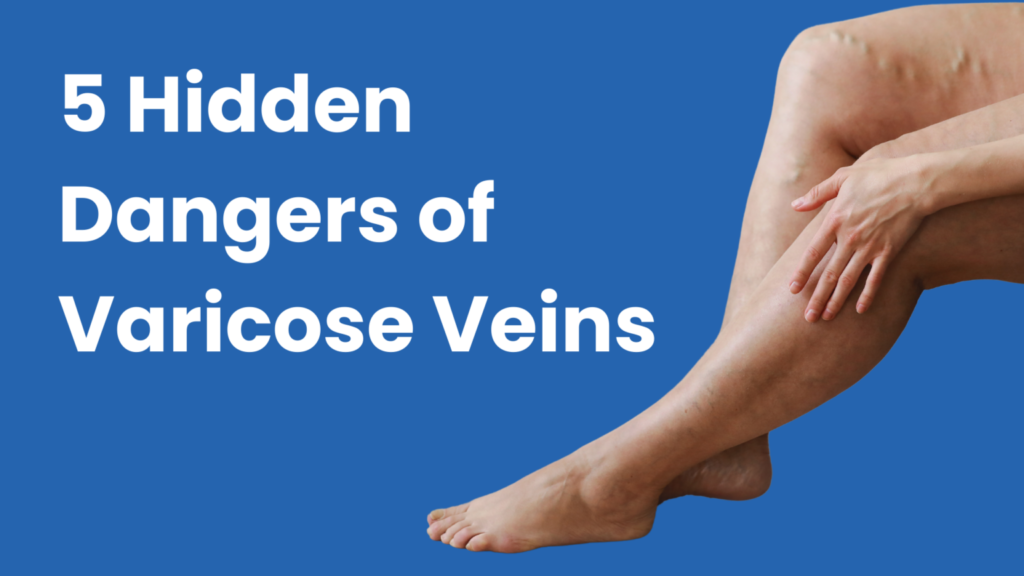It’s possible that pregnant women run into the appearance of varicose veins at some point during their pregnancy. While the effect these blood vessels have can potentially be limited to the aesthetic, they can also cause the individual a great deal of discomfort in the form of aches, pains, throbbing, and swelling. It’s important for pregnant women to understand why varicose veins occur and to potentially seek treatment in Pembroke Pines.
An Overview of Varicose Veins
Typically, an affected vein swells up and appears red, blue, or purple in color, and they might also appear to bulge significantly outward from the skin. Varicose veins often form on an individual’s legs. They occur when a valve in a vein either ceases to function or becomes damaged, which impedes blood flow in the body. The blood is meant to travel upward to the heart; when it comes into contact with an atypical blood vessel, the blood will instead fall downward and a pool will form around the vessel.
The Connection Between Pregnancy and Varicose Veins
It’s estimated that approximately 55 percent of women and 45 percent of men in the United States experience some form of vein-related issues. Varicose veins are typically associated with aging. However, pregnancy is considered to be one of the risk factors for developing varicose veins. Additionally, the risk grows significantly for pregnant women with a family history of vein-related issues. For women who already experience varicose veins, becoming pregnant can effectively cause the condition to worsen.
In effect, pregnancy increases the volume of blood while decreasing the rate that blood returns to a woman’s pelvis from her legs. The fetus will exert pelvic pressure, and the result is an increase in pressure on the veins. The veins tend to be more dilated due to an increase of progestin during pregnancy. What results is a varicose vessel which, aside from potentially undermining a person’s self-esteem, can be quite painful.
The Connection Between Hemorrhoids and Varicose Veins During Pregnancy
Although many would find it surprising, there is a link between varicose veins and hemorrhoids during pregnancy. In fact, the two pose similar problems. During pregnancy, varicose vessels can potentially be formed near the vagina as well as around or in the rectum. Indeed, some vein doctors refer to varicose vessels found near the rectal areas simply as hemorrhoids.
Home Treatment Options
There are a variety of practices pregnant women can implement in order to reduce the symptoms and appearance of varicose veins:
– Soaking in a tub several times a day
– Keeping the legs elevated
– Adjusting the diet to minimize constipation
– Changing position frequently to aid circulation
– Wearing support pantyhose
While these home remedies can certainly have an effect on the veins, it’s advised that any pregnant women experiencing notable discomfort from their varicose veins consult a vascular surgeon in order to determine whether surgery is the best option.


